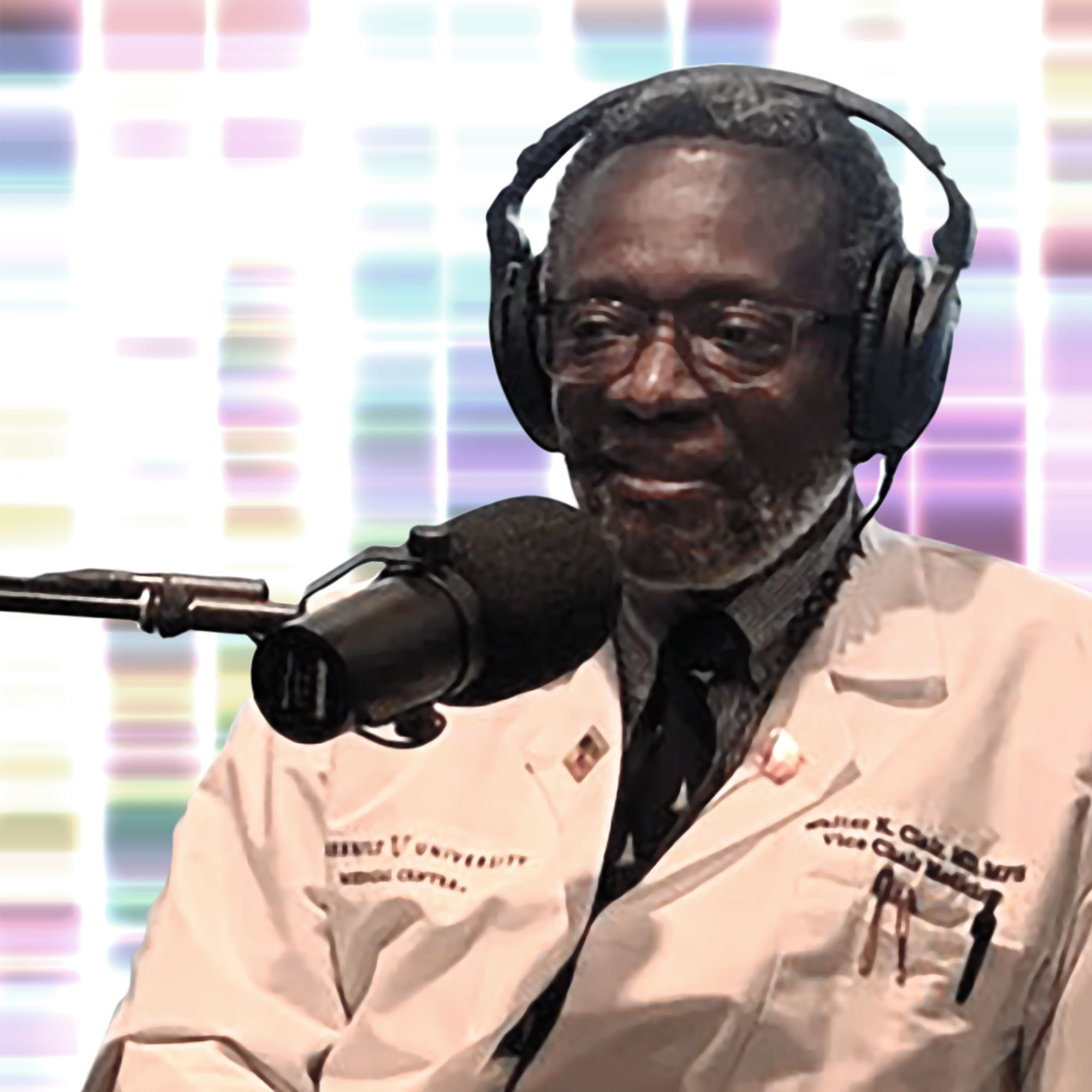Episode 1 — Shapeshifters: Changing the Mental Health Story
This season, the DNA podcast is exploring the question: Can you be healthy physically if you aren’t healthy mentally?
According to the World Health Organization, in 2019, 1 in every 8 people in the world lived with some kind of mental disorder – that could be anxiety or depression or any of a whole book of illnesses. The WHO estimates the number of people living with anxiety and depressive disorders rose significantly because of the COVID-19 pandemic: initial estimates show a 26% increase for anxiety and a 28% increase for major depressive disorders in 2020 alone.
In that same time period in Tennessee, the Vanderbilt Child Health Poll found that roughly 1 in 7 parents said their children were diagnosed with anxiety in 2021. That’s up from 1 in 10 parents in 2019.
Exacerbating this is the fact that health systems aren’t adequately equipped to respond to what communities need. Tennessee – as a microcosm of the US – is understaffed and under-resourced.
Delve into the cultural elements and stigma that’s part of the mental health landscape and how the mental health system needs a new shape.
“There’s still a cultural phenomenon of stigma that goes with it so often, and we’ve come a long way. Historically mental health challenges could, in some ways, be reductionistically spiritualized or made into some sort of, ‘oh, that’s a demon.’ The reductionism can be on all levels. It all depends on what century and what decade we’re in, where the tendencies have been to be reductionistic—and I’m wanting to challenge all of them. I want to challenge all the historical ones and the contemporary ones, which tend to make us less than human,” said Keith Meador, MD, ThM, MPH, Professor of Psychiatry and Health Policy and Director of the Center for Biomedical Ethics and Society.
As you follow along over these episodes, keep in mind that maybe this can be a moment where there is opportunity for creation – to build a system that works for us in this moment — and one that adapts to what our future selves will need.
Mental Health Resources
- How to talk to your teen about suicidal thoughts
- Parents of children who have experienced suicidal thoughts or behaviors needed
- Suicide prediction method combines AI and face-to-face screening
- More Teens with Tics Seen by Pediatricians
- Antidepressants for teens and children: what you need to know
- Study finds LGBQ people report higher rates of adverse childhood experiences than straight people, worse mental health as adults
- Feedback Loop Links Inflammation and Depression
- Going back to school can literally be a headache
- Brain Pathways Provide Insights into Antidepressant Function
- Monroe Carell Jr. Children’s Hospital at Vanderbilt creates new Vanderbilt Youth Sports Health Center
- Vanderbilt Child Health Poll: More parents report children diagnosed with anxiety in 2021 than previous years
- Vanderbilt University Medical Center, Department of Medicine: Message from Dr. Walter Clair








